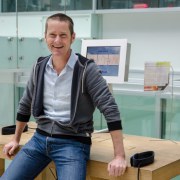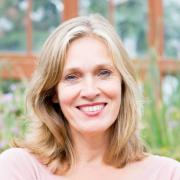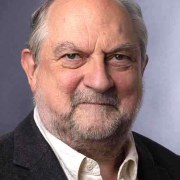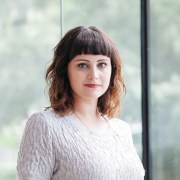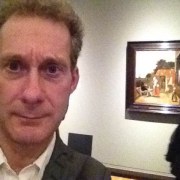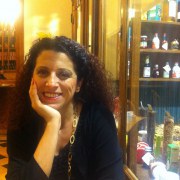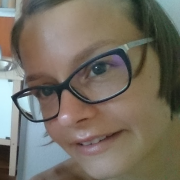Learning ecosystems and regional communities
Find this session's presentations here.
Science centres, universities, schools, cities, companies and FabLabs already offer a rich variety of science learning opportunities. They are like an ecosystem where diverse relationships tie species together. For these ecosystems to resist change and remain at equilibrium, our communities require science education to improve effectiveness to meet societal challenges.
Science centres can play a key role here, by combining formal, non-formal and informal education, tailored to students, families and the general public. How can such collaborations be lifted from individuals to organisations that collaborate in STEM ecosystems?
The session involves a wide and representative range of speakers from regions/cities, and the audience will be invited to participate through a fishbowl format (a format that allows participants to take turns in feeding the discussion) and discover both individual (local) and mutual patterns behind successful networks.
Session speakers
Professor of science and environmental education
It takes time to build strong and effective relationships between museums, science centres and universities. In this talk Justin will discuss how a number of partnerships evolved and emerged. For example, the idea of collaborative PhD studentships led to more sustained collaborations and greater involvement of museum staff with research.
Research Associate for Strategy and Content
Cooperation vs. competition – working together is part of our daily work experience. But what happens to a network with heterogeneous partners (like science centers, research institutions, policy makers, schools, etc.), if they seriously decide to share learning experience, failures, individual success strategies? Kathrin will share ideas from the Austrian ScienceCenter-Network.
Assistant Professor in Science Education
Science Gallery Dublin has developed a broad range of external collaborations as part of their educational network, from involving local young artists to major international corporations such as Google and Intel. How can a small team prepare for collaborations with such diverse partners? The Dublin team explains what works for them in these varied situations. Mairead will also describe their experience in bringing together teachers, scientific researchers, and artists/designers to create engaging lessons and resources to be used in the science classroom - activities which are rooted firmly in cutting edge science while fostering creativity.
director science centre delft
WaterLAB, a water management project with schools, the city as well as local consulting engineers, kicked off very promising, but started losing momentum when researchers had their doubts about the quality of the data collected by the pupils, and schools turned out to understand this project slightly different from the science center itself. Some serious rethinking of the collaboration opened up new possibilities. Michael van der Meer will think with the audience what there is to learn for other fresh or seasoned collaborations.
In the IRRESISTIBLE project (FP7) ten countries each initiated hubs with local teams working in so called communities-of-practices. Here university staff worked closely with school teachers and informal learning experts from science centers to develop teaching materials and exhibitions. Sevil and her team will share the methodology of the collaboration and discuss if and how it is transferable to other situations and countries.
Ljubljana will celebrate science learning next year with the 30th version of the »Trust your own creativity« project. Over the years a whole calendar of activities has grown, with a grand finale where young researchers meet and work with schools pupils and a special annual publication that presents all the work. It involves various stakeholders – primary and secondary schools, universities as well as the City of Ljubljana. We would like to share our experience and learn from others to improve our, and their projects.

